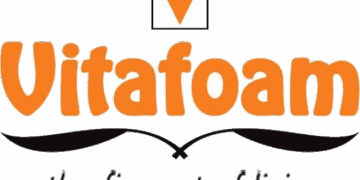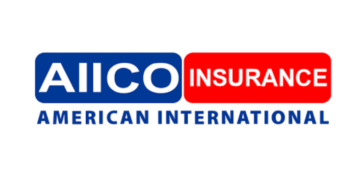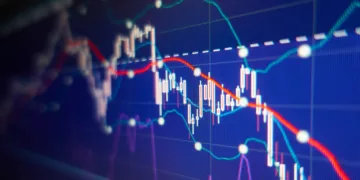Oxfam in Nigeria, in partnership with the International Maize and Wheat Improvement Centre (CIMMYT) and the International Crops Research Institute for the Semi-Arid Tropics (ICRISAT), has introduced a project aimed at strengthening local seed systems in West Africa.
At a one-day round table dialogue in Abuja, Oxfam Nigeria’s country director, John Makina, highlighted the goal of developing strategies to empower local farmers, establish a self-sufficient seed system, and ensure long-term food security and agricultural sustainability in the project regions.
“While free seed distribution is often well-intentioned, it has sometimes led to market distortions, farmer dependency, and the introduction of unsuitable crop varieties. This project seeks to address these issues by enabling local farmers and their organisations to produce, test, and distribute diverse and adaptable seed varieties, fostering a sustainable and resilient agricultural system,” Makina stated.
According to him, “ A pilot program has been implemented in Bauchi and Jigawa states, where farmers now have access to five new varieties of millet and sorghum. This success results from the rigorous testing of ten different varieties in 20 community farmer field school demonstration plots. These achievements underscore the importance of involving farmers directly in the decision-making process.”
ICRISAT Country Director, Agarawai Ignatus, emphasised that the project aims to mitigate climate risk and provide farmers with access to quality seeds.
“Crop diversity in West Africa focuses on developing seeds at the local level, particularly through community-based systems, which help farmers learn about different crop varieties and determine which are best suited to their specific environments,” he said.
Mallam Abdul Danlami, a representative of the National Agricultural Seeds Council, assured the council’s continued support for innovations that improve the livelihoods of farmers in Nigeria.
The “Crop Diversity for Food Security Project in West Africa” is funded by Oxfam Novib and the USAID Bureau for Humanitarian Assistance.





